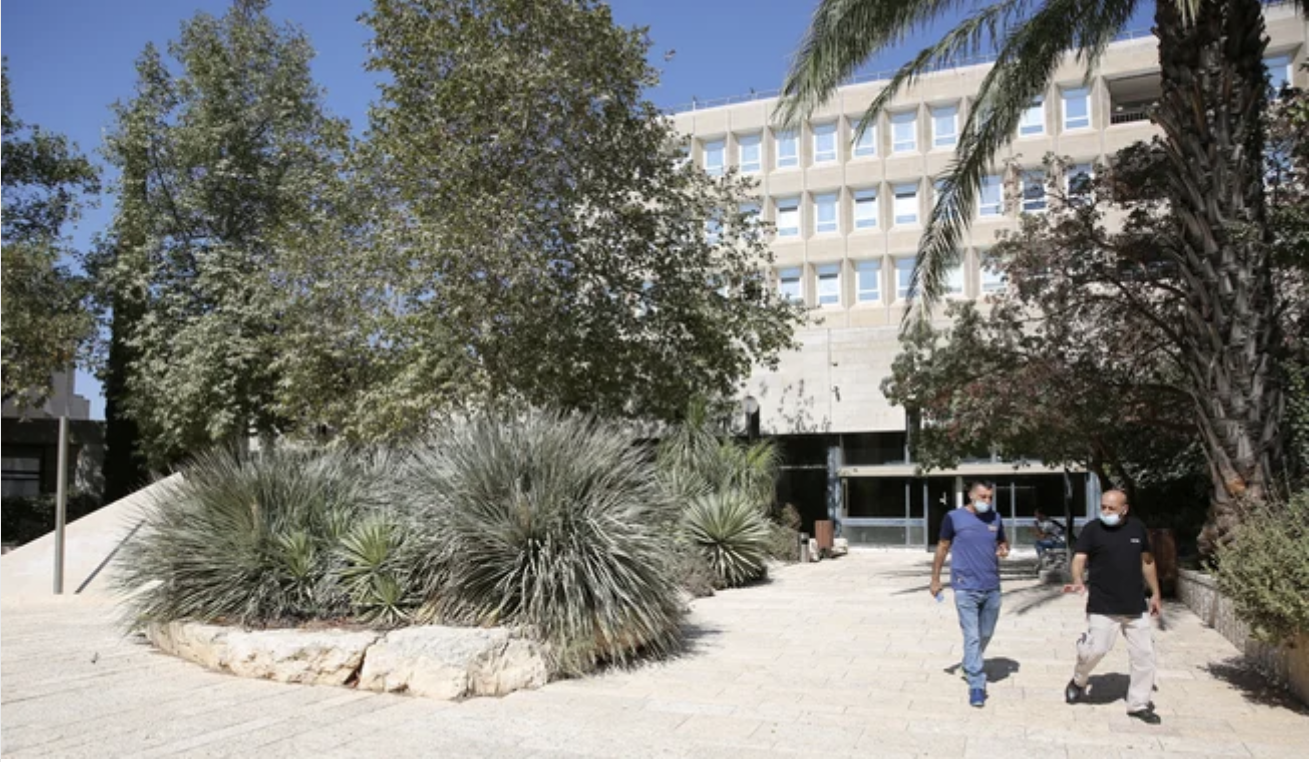An extraordinary incident took place on the Mount Scopus campus of the Hebrew University of Jerusalem on Monday. Four students in police uniforms, who are studying at the university as….

An extraordinary incident took place on the Mount Scopus campus of the Hebrew University of Jerusalem on Monday. Four students in police uniforms, who are studying at the university as part of a police program, detained two other students – Palestinians from East Jerusalem – claiming that they had sung a “jihadi” song.
The student-policemen asked for the pair’s IDs, expelled them from the campus and summoned other police officers, who arrested the Palestinian students. The two were questioned for several hours. They claimed the song they were singing was not nationalist, but the university issued an order banning them from campus for six days. They appealed the injunction in the Jerusalem Magistrate’s Court, which upheld the university’s decision.
Prof. Barak Medina, the rector of the Hebrew University, sent a letter to faculty members after the incident in which he promised to clarify protocols vis-à-vis the police. He said it would be made clear to off-duty police officers enrolled at the university that they cannot exercise police powers on campus, except in cases in which it is clear that damage to persons or property would result if they did not intervene. In his letter, Medina justified the officers’ actions. He said that two of them speak Arabic and thus understood the words of the song, and there may have been a reasonable basis for concluding that the Palestinian students constituted a threat.
The incident aroused great resentment at the university. The next day a few hundred students, Jews as well as Arabs, demonstrated, calling for freedom of expression on campus. More than 100 teachers signed an open letter that read: “We can not imagine a situation where Jews would receive similar treatment on campus for self-expression, controversial as it may be. The incident is inconsistent with the university’s stated commitment to treating every person and every group with respect and to act against discriminatory or abusive treatment on the basis of group affiliation.”
The idea that a university campus is exterritorial vis-à-vis the security forces, in order to permit maximum freedom of expression and freedom of research, is known all over the world. In Israel this understanding is less prevalent, and most educational institutions maintain close cooperation with the security forces. Last week’s incident reveals the problematic nature of this cooperation.
Academic programs for service members are a good thing. But often, the police and the Israel Defense Forces condition these studies on their participants’ wearing their uniforms and carrying their weapons on campus. Universities that want to offer special programs for members of the police and the armed forces accept this condition. Those affected by it are Arab students, who sometimes feel uncomfortable studying in classrooms filled with soldiers, police officers and guns.
In order to protect freedom of expression and academic freedom, universities must reconsider their consent to the presence of uniforms and visible firearms on campus. In addition, the administration must make it clear to the students that while they are on campus, they are students, not police officers or soldiers.
